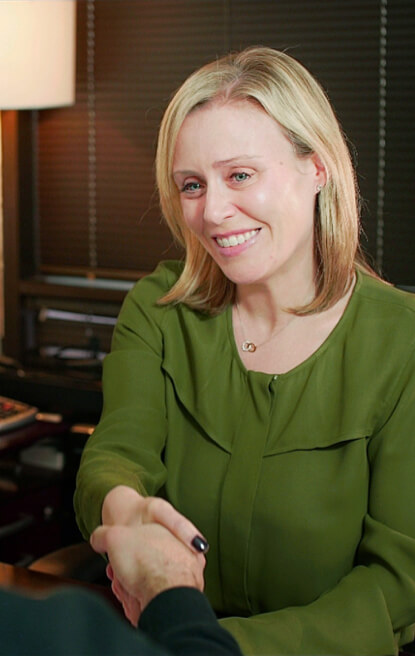The number of departments, agencies, and other government entities involved in disability claims can boggle the mind. There are multiple entities involved in the process and each one can play a vital role in rendering a final decision on a disability application. It can be important to understand the role each plays as you navigate the application process. Disability Determination Services (DDS), for instance, plays a vital part in Social Security disability claims proceedings.
What is Disability Determination Services (DDS)?
Every state has a dedicated agency tasked with rendering decisions on Social Security disability claims. These agencies are, essentially, a network of local Social Security Administration (SSA) field offices and state agencies. In California, they are called Disability Determination Services (DDS). DDS renders decisions on disability claims.
Application for Social Security disability benefits are received by DDS field offices via telephone, mail, online, or in person. The application itself asks the applicant to describe his or her impairment(s), as well as any places treatment was received, and other relevant information that relates to the disability being asserted. DDS, which is funded by the federal government, is tasked with developing relevant medical evidence in order to render an initial determination as to whether or not an applicant is, in fact, disabled or blind pursuant to applicable law.
The field offices must verify non-medical eligibility requirements such as age, marital status, employment, and Social Security coverage information and then send the case to DDS in order to evaluate the legitimacy of the disability claim. DDS decisions on disability benefit claims are supposed to be both accurately and promptly made. Disability claims examiners are employed by DDS to decide disability claims for the SSA. Decisions rendered by DDS are based on things such as:
- Medical records
- Medical and psychological statements
- Statements made by the applicant
- Continuing disability review
Most of the time, DDS will get evidence from the applicant’s own medical sources first. Should this evidence prove unavailable or insufficient in order to render an informed decision on the disability claim, then DDS will schedule a consultative examination (CE) in order to gain access to the additional information that is needed. It is generally the preference of DDS that the treating source of the applicant be the source of the CE. In the alternative, however, a CE may be obtained from an independent source. Once the development of the evidence has been completed, staff at DDS render an initial determination on the disability benefit’s claim.
The claim then goes back to the field office so that appropriate action can be taken. Should DDS have found a claimant to be disabled as prescribed by law, then the SSA will complete any outstanding non-disability development, and calculated benefit amounts. Benefit payment will then begin. Should DDS find a claimant not disabled, the file is retained at the field office should the applicant elect to appeal the determination.
Disability Attorney
All too often, disability claims are initially denied. Do not be discouraged. Disability Advocates is here to help you pursue the full range of the appeals process so that you get access to the disability benefits you deserve. Contact us today.


